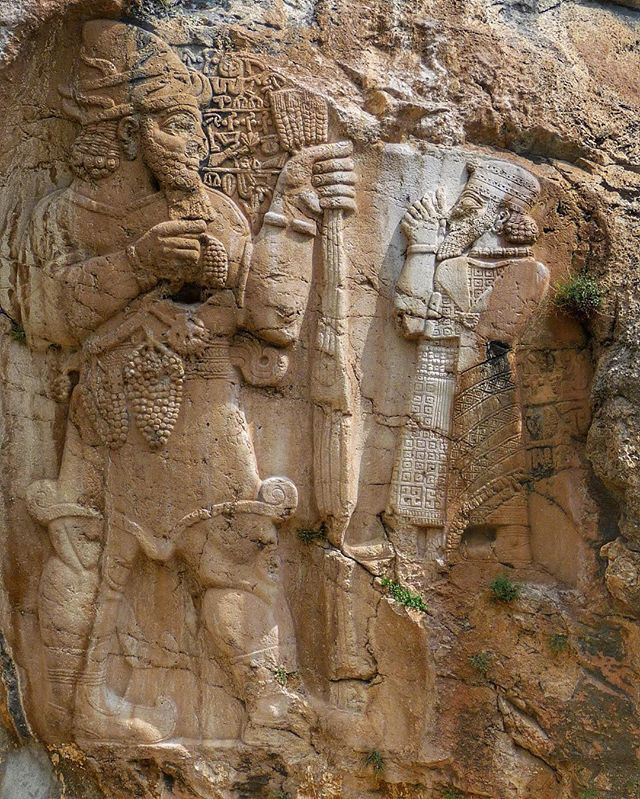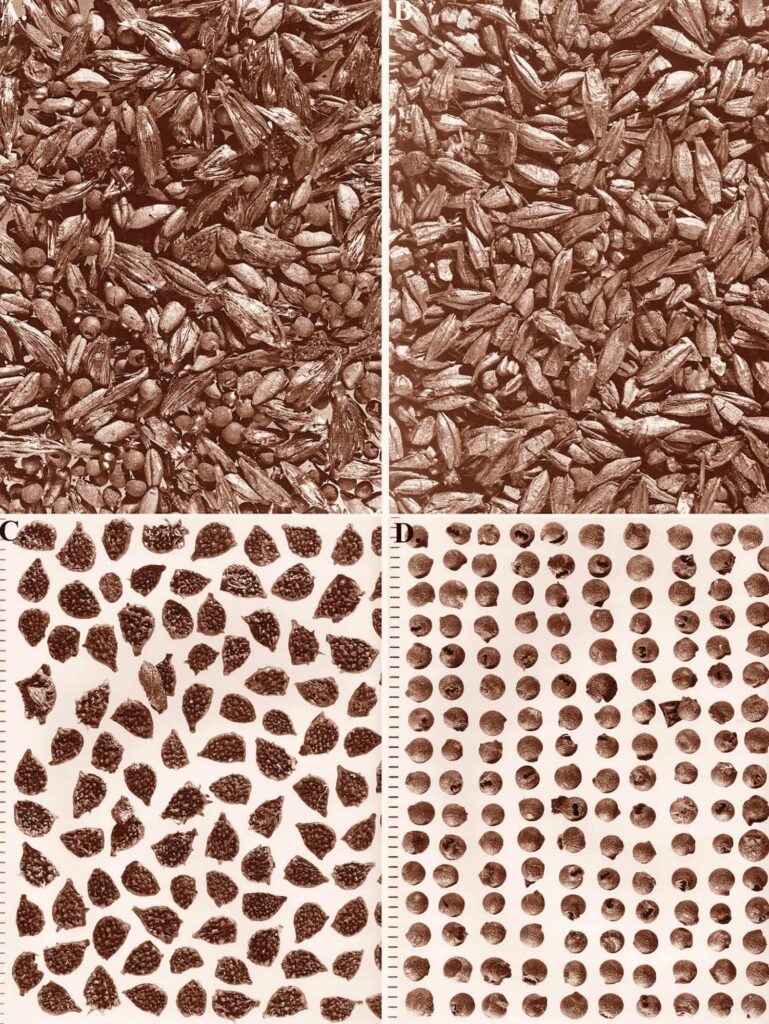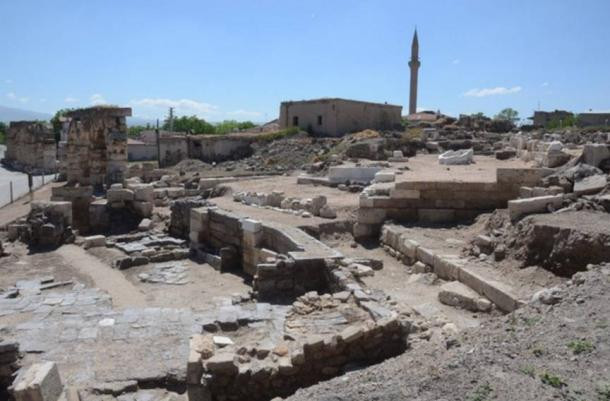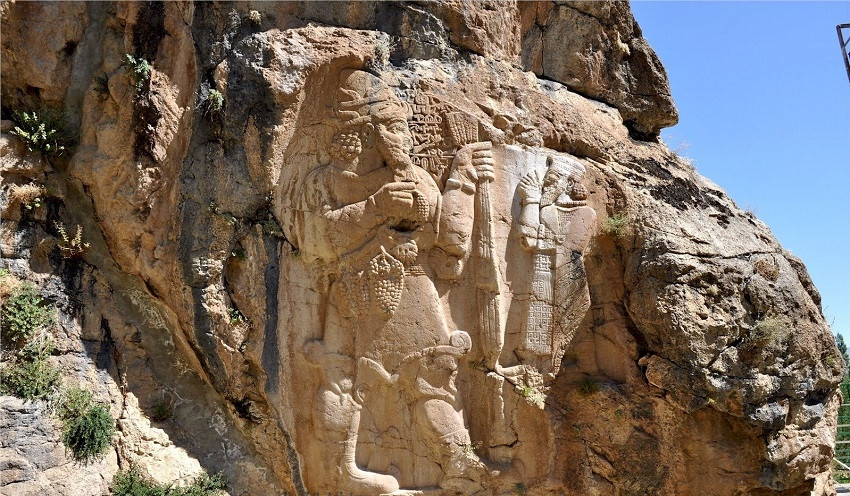The Birth of Agriculture in Karacadağ
In the shadow of Karacadağ, an ancient mountain in present-day Turkey, a grain of immense significance took root—Siyez wheat, also known as emmer wheat. This resilient crop, often called the “father of wheat,” revolutionized human history by marking the dawn of settled agriculture. It provided early civilizations with a stable food supply, fueling their expansion and ambitions.

From Wild Grass to Civilization’s Foundation
As nomadic hunter-gatherers transitioned to farming, the cultivation of Siyez wheat sparked a societal transformation. This nutrient-rich staple became a pillar of survival, enabling communities to flourish and paving the way for the development of more sophisticated social structures.

The Hittite Empire: Strengthened by Ancient Grains
Divine Connections: Wheat and the Storm God
At the peak of Hittite power, ancient rock carvings depict a profound narrative—the Storm God Tarhundaš, crowned with wheat heads and grape stalks, symbolizing the sacred bond between agriculture and divine providence. In one remarkable scene, Warpalawas, the Priest-King of Tuwana, offers reverence to Tarhundaš, acknowledging the deity’s role in ensuring fertile lands and bountiful harvests.

Siyez: The Seed of an Empire
Siyez wheat did more than sustain the Hittites—it empowered them. With advanced agricultural techniques and strategic resource management, the Hittites emerged as one of the most dominant civilizations of their era. From their Anatolian heartland, they cultivated not only grain but also groundbreaking innovations in governance, technology, and culture, leaving a lasting imprint on the ancient world.

The Enduring Legacy of Ancient Grains
Kars: Where History Still Grows
Even today, in the fields of Kars, farmers continue to cultivate corned wheat, a direct descendant of the grains that once nourished empires. This ongoing tradition serves not only as a bridge to our past but also as a vital reservoir of genetic diversity, preserving the agricultural heritage of our ancestors.

From Ancient Fields to Modern Tables
The journey of Siyez wheat, from the foothills of Karacadağ to the farmlands of Kars, is a testament to the profound impact of early agricultural advancements. This ancient grain, which sustained the mighty Hittite Empire, remains a symbol of resilience and heritage. As we honor and explore our agricultural past, the story of Siyez reminds us that the choices made by early farmers continue to shape the world we live in today.

